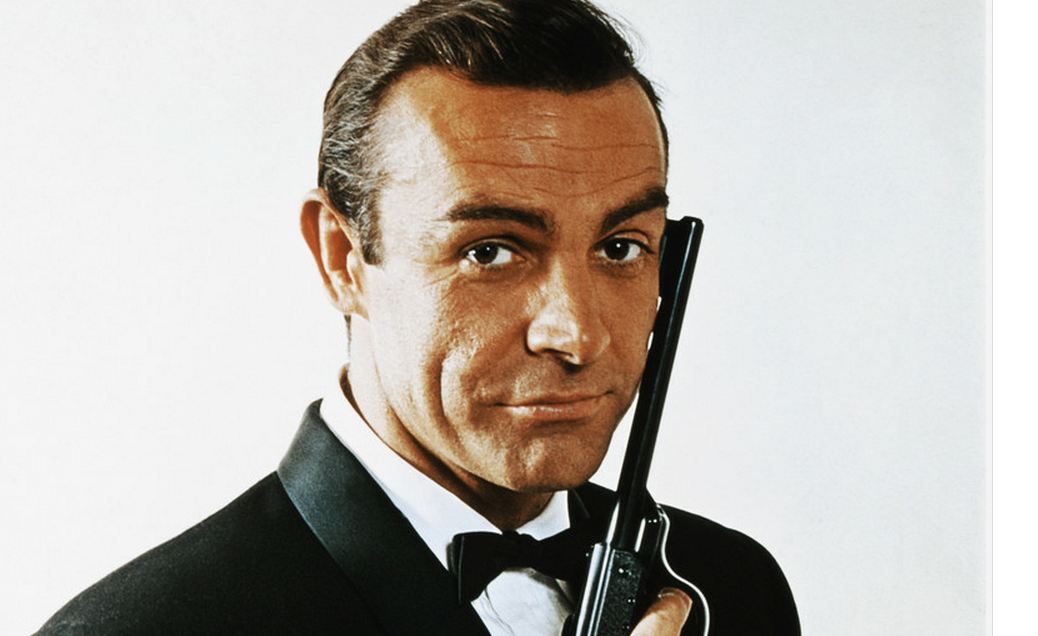
Solo
A James Bond Novel
William Boyd
(Vintage)

I've been writing book and film criticism for 30 years or more. It's not rocket science or even brain surgery, which are key reasons I chose being a writer over a career as a rocket scientist or a brain surgeon. Writing criticism (like certain other writing) is a relatively formulaic pursuit --- in the case of books, if you're being nominally thorough, you summarize the plot or topic, perhaps comment on the writer's style a bit, remark on their insights (if there are any), say if the book is good or bad or a mixture of both, give an example or two or twelve of its badnesses and/or goodnesses and then, if you're like a lot of critics I know, excluding myself, of course, work in as much self-reference, allusions to your own work, and autobiographical cleverness as you possibly can and as you think the editor(s) will put up with. Easy? Duh. Big money? Dream on. If you are really good you can write an entire review and barely even mention the book being reviewed.Setting all that aside for the moment, the problem I've recently developed is that though I used to like nothing better than performing anesthetic-free vivisection on the work of both good and bad writers (the conventional editorial wisdom is that hatchet-jobs are more interesting than, say, a bouquet of petunias), I seem to have now lost all my critical ability for both films and books. The blood lust has departed. I no longer possess the lit'rary killer instinct that once enabled me to sum up the work of one of the non-fiction writer geniuses of our time, that Duke of Detail, John McPhee, as "the literary equivalent of a Rapidograph drawing done by a speed-freak." (He did write 740 more books on geology than we really needed on this planet, still that does not excuse my bad manners or snappish quip. I hereby apologize.)
But back to my problem: Can one be a non-critical critic? If it's a film, for example --- big colorful images moving about on a giant screen accompanied by a lot of noise (made by giant robots if you're lucky) and maybe some music and occasional conversation (engaged in either vertically or horizontally), I like it. If it's a book, on the other hand, and it has words printed with adequate clarity on a page and there is something going on, some kind of story, needn't be much, I like it. This new devolution in my critical faculties has made my job a little tougher. I seem to be suffering from acute Thumperian Syndrome.
This particular assignment, then, put me in a real pickle, or so I thought when I first took it on. One of my very favorite, most admired writers of all time last year birthed Solo, a James Bond novel for crap's sake. William Boyd is Solo's author and he's produced one staggeringly fine novel after another starting with his first in 1981, A Good Man in Africa. (I contend that he stole the plot directly from my own life here in Africa, even though I never set foot on the glorious continent until 2009; Boyd was born in Ghana in 1952, spent chunks of his life in Africa, now lives in France and England.) He also wrote Brazzaville Beach, An Ice-Cream War, Restless, Nat Tate: An American Artist (originally presented as non-fiction, in fact it was a hoax novel), The New Confessions, The Blue Afternoon, his most recent, Sweet Caress, and, in my opinion, his masterpiece, Any Human Heart, among many others. He's also won several bushels of awards and been recognized by the French and British governments with medals, plaques and titles.
For his part, Boyd loved the idea of doing a Bond novel. On the official Ian Fleming web site he says,
When the Ian Fleming estate invited me to write the new James Bond novel I didn't hesitate. I accepted at once --- for me the prospect appeared incredibly exciting and stimulating --- a once-in-a-lifetime challenge.
In fact my father introduced me to the James Bond novels in the 1960s and I read them all then --- From Russia with Love being my favourite.
I then became very intrigued by Ian Fleming the man and have written about him on numerous occasions. The fascination went so far that I placed him as a character in my novel Any Human Heart where he's responsible for recruiting the novel's protagonist, Logan Mountstuart, into the Naval Intelligence Division in World War II."
Yet when I first learned of Boyd's expedition into 007Land, the snob in me could not quite process it. But I needed the 4 cents a word the review would pay, so I figured WTF? It's only an evening of reading and hell it's Boyd, maybe it's actually pretty good and I'll be able to tell the truth about it. If it's drek, I'll skip the review, 4 cents or no. Fortunately, here's the truth: Boyd's Solo is actually very good. Correction: I thoroughly enjoyed it, as I now enjoy all books that I commit to finishing. And Boyd, being a hell of a writer, as he always has been, nearly out-Flemings Fleming.
By the way, the story takes place in Africa, natch, in the fictional West African country of Zanzarim where there's a civil war. Bond is asked to go there and stop it while playing the part of a journalist. In a surprise twist, there's a beautiful woman or two, or maybe there are several. And there are sex acts in which Bond takes part. Naturally, there are guns and explosions, bad guys and super bad guys, but 007 eats their lunches and cleans their clocks as 007 always does. Also, you can't stop reading it. What's not to like?
--- Douglas Cruickshank